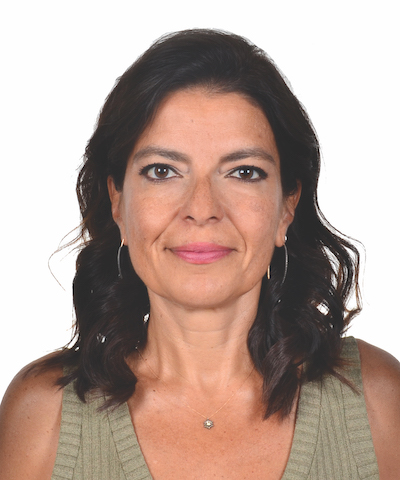“Women have the drive to fight discrimination and transform society for equality.”
COVER STORY: SOCIAL ENTREPRENEURSHIP AND INNOVATION
 İpek İlkkaracan is a professor of economics at Istanbul Technical University. A feminist economist, she is the incoming President of the International Association for Feminist Economics (IAFFE). She is also involved in the women’s and human rights movement in Turkey and internationally and is a founding member or board member of numerous non-profit organizations and networks.
İpek İlkkaracan is a professor of economics at Istanbul Technical University. A feminist economist, she is the incoming President of the International Association for Feminist Economics (IAFFE). She is also involved in the women’s and human rights movement in Turkey and internationally and is a founding member or board member of numerous non-profit organizations and networks.
What does feminist economics mean?
Feminist economics provides a framework for analysis of economic phenomena from a gender-aware perspective; it uses an inclusive framework for economic inquiry and policy analysis with the objective of enhancing the well-being of women, men and children. One of its most significant contributions is the unveiling of the care economy, caring labor and unpaid work, which remains invisible in conventional economics.
Can you provide a perspective on social entrepreneurship and innovation vis-à-vis women's involvement and representation?
Women are particularly inclined to become social entrepreneurs due to their gender-specific experiences. They have faced discrimination and gender-based violence throughout history; hence, they have the drive to fight discrimination and transform society for equality. They have also traditionally taken on the role of caregiving. This caring role extends beyond the family to friends, colleagues, communities, and the environment. I believe that women’s inclination to social entrepreneurship is driven to a large part also through their experiences as carers.
What gives you hope and inspiration in the area of social innovation and entrepreneurship?
My inspiration comes from a very strong women’s movement in Turkey and internationally. While pressing problems persist, there has been enormous progress towards equality through the actions of women and women’s groups which can be framed in the context of social innovation. For example, the protection order law (also known as restraining order law), which is used as a legal mechanism against domestic violence is a social innovation providing a legal solution to violence against women.
I also observe that there is great interest from university students to put their education, acquired knowledge and skills to use for the solution of social problems. We have an increasing number of students at ITU in the Management Engineering Department, who devote their senior projects to social entrepreneurship.
Any RC memories that stand out?
RC was a democratic environment without an oppressive hierarchy between the teachers and students. In ortaokul, with the leadership of Adil İzci, we proposed a literary magazine (Çağrı) and were supported. At Lise, Enis Pendar RC 83 created an initiative to place lise students in vocational internships. It was through this internship program that I got a position to work at Cumhuriyet newspaper. RC enabled and encouraged students to take initiatives and run with their ideas, learning through engagement in the world, outside of the classroom.
Published February 2022




